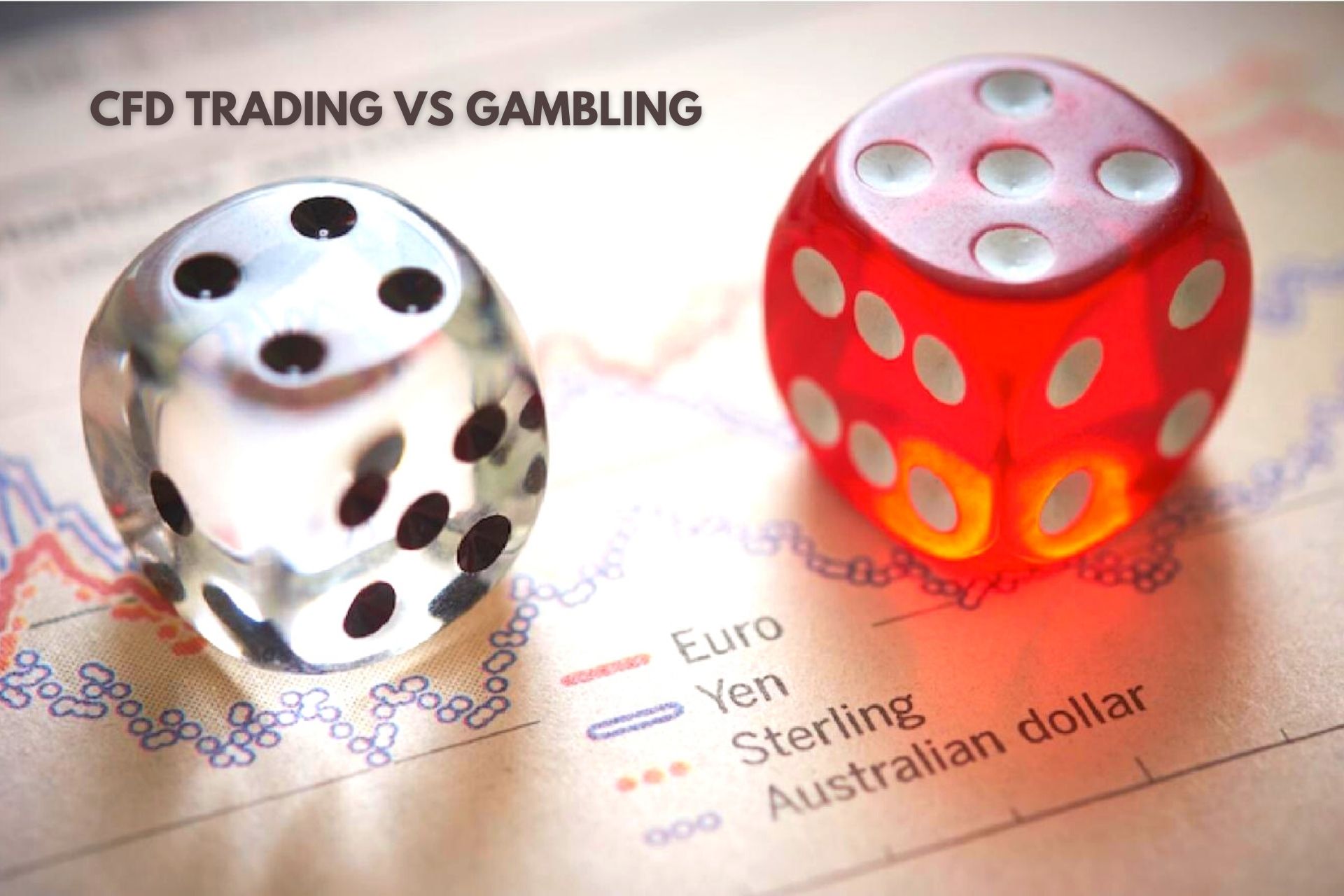CFD Trading vs Gambling

Brad Alexander – Libertex Senior Analyst
Having spent many years in the FX and CFD trading business, I can’t claim to have “seen it all”, but I’m happy to recount the incredible evolution that the world of retail trading has experienced over the last few years.
When I first got involved in trading, the sales tactics aimed at aspiring traders were akin to aggressive time-share pitches, get-rich-quick schemes, unrealistic bonuses, ridiculous leverages and the idea that you could become an expert trader by spending thousands on an intensive two-day course.
To add insult to injury, the world was full of unregulated brokers who were ‘slipping’ quotes and making it difficult for good retail traders to make a profit. This was backed up by aggressive ‘customer support’ executives, whose only job was to encourage you not to cash in your profits and deposit more of your money into your account.
As time moved on, regulators — like the FCA in the UK and CySEC covering European traders — clamped down on aggressive sales tactics, dangerous leverages, sloppy compliance and other nefarious practices to protect the honest retail CFD and FX trader. Also, as far as regulators were concerned, there was a distinct barrier between online gambling and online trading. For the most part, the distinctions were clear.
Personally, as an educator and trader, I can safely say that the potential to generate a profit with CFD and FX trading is vastly higher than online gambling, no matter how good you are at poker, how much you love your local football team or how lucky you feel at the roulette wheel.
Of course, there are no guarantees with any type of trading. Still, there are at least two areas where a good broker can help you succeed and avoid the temptation of gambling with your financial trades.
The first is regulation. A good broker — like Libertex, for example — is regulated by CySEC, with all the rules and practices to ensure that you’re being treated professionally, your account is safe, and that your trades are executed fairly.
The second is education. Any broker that doesn’t offer constant, consistent education or provide market news to its clients is not providing great service.
On the other hand, gambling is just that; you put your money down, take a breath, and hope for the best.
Trading is much more than that. The sense of accomplishment in closing a profitable position is the result of intelligent analysis and timing, which only an educated trader can achieve. This sensation is easily within reach when working with a reputable broker like Libertex, which can teach new CFD and FX traders about the huge array of instruments available, market analysis, and risk management.
There’s nothing wrong with online gambling, however, as long as it’s done for fun, and you’re prepared to lose your money… hopefully, a very small amount of money.
Recently, the international media has been drawn to the world of CFD trading in the United States, where the industry is quite different than in Europe. You may have seen that a large group of retail traders, stuck at home under lockdown, many with government stimulus to fund their accounts, took on Wall Street. Driven by chatter on social media, these traders on the Robinhood mobile platform sent the markets into a frenzy.

We European traders, trading with a reputable broker under CySEC or FCA regulations, know that the broker must limit or suspend trading under volatile conditions every once in a while. The conditions of these limitations are regulated, indicated in your terms and conditions and designed to protect your account and ensure that the broker maintains financial compliance.
Unfortunately, when Robinhood was forced to suspend trading on a few equities, retail traders and politicians simply didn’t understand the concept (or the laws) and cried about the restriction of trade and civil liberties.
We in the business saw something else: Robinhood didn’t handle the situation very well. They even posted a tweet the Saturday following the volatility, almost insulting their clients who didn’t know that the markets are closed on the weekends. This wasn’t just bad customer service; it was a huge indication that Robinhood had no desire to educate their clients.
The moral of the story? To avoid gambling and make the best of your journey into CFD and FX trading, you’re best served by a reputable, regulated broker that offers proper education. That’s Libertex, through and through.
Libertex also provides very comprehensive financial and trading education program available for free so that expert and newbie traders can Trade For More on their smartphone with the Libertex app and on their computer browser.
